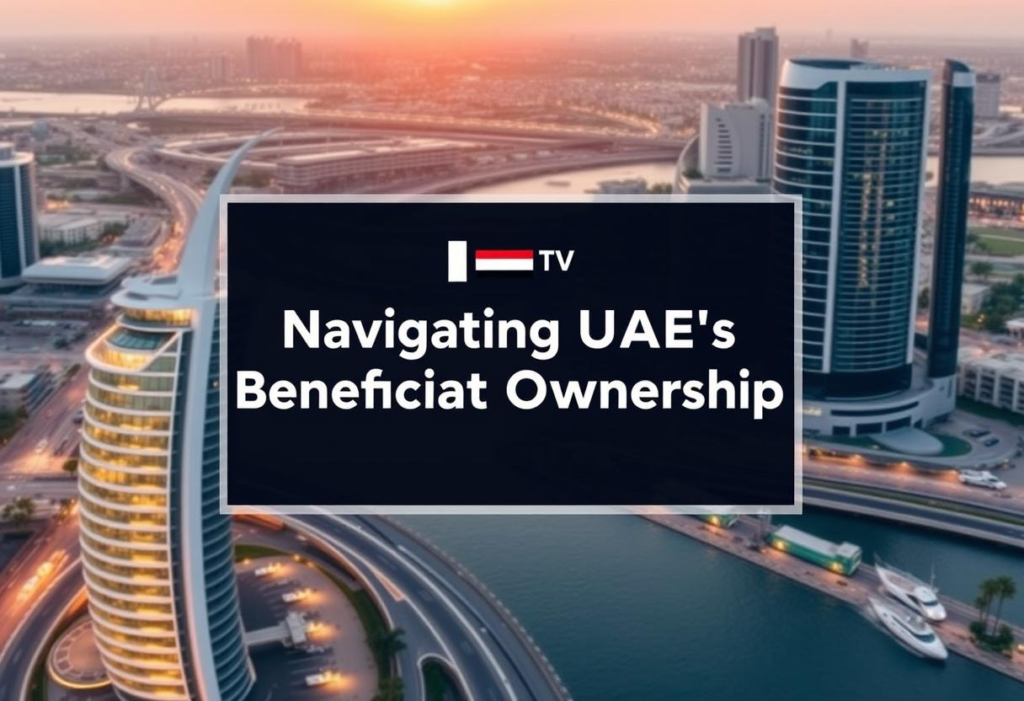The landscape for business operations in Dubai has shifted dramatically. Thanks to a new regulation, companies in free zones can now establish themselves in the mainland. This change opens a plethora of opportunities, transforming Dubai’s business environment. Companies need to navigate the legal requirements, but the effort promises significant rewards.
Understanding the dynamics of this new expansion opportunity is essential. The Dubai Executive Council has outlined clear pathways for free zone companies to obtain necessary permits. These guidelines ensure compliance while fostering business growth in the mainland. It’s an exciting era for entrepreneurs looking to tap into Dubai’s bustling economy.
Regulation Overview
In an unprecedented move, His Highness Sheikh Hamdan bin Mohammed bin Rashid Al Maktoum announced Dubai Executive Council Decision No. 11/2025. This regulation allows free zone companies to operate in mainland Dubai legally. Before, such expansions were restricted, keeping companies limited to their zones. Now, the horizon expands.
Available Permits and Licenses
The Department of Economy & Tourism (DET) offers various permits for free zone businesses. They can get a branch license in the mainland for AED 10,000. A temporary permit, meanwhile, costs AED 5,000. These options cater to different operational needs, paving the way for diverse economic activities.
The DET’s initiative simplifies the licensing process. Businesses previously confined to specific areas now have more flexibility. They can explore customer bases beyond their initial settings, enhancing business reach.
Free Zone Company Requirements
Adhering to specific guidelines is crucial. Valid licenses and necessary approvals from the DET are mandatory. The required documents include the company’s license, Articles of Association, and managerial identification.
Beyond paperwork, businesses must establish headquarters within the mainland. Financial records must be separate for effective management. Although the branch doesn’t hold a separate legal identity, it enjoys operational capacity akin to the parent company.
The company’s responsibilities extend to satisfying any DET-specified conditions. This ensures operations run smoothly while complying with local laws.
Potential Economic Activities
The DET will soon detail approved mainland activities for free zone companies. This list will provide clarity on what businesses can pursue.
Companies can use existing staff for mainland operations according to the new regulations. This allows them to benefit without sacrificing employment advantages. Retaining staff familiarity enhances efficiency and maintains workflow consistency.
This Decision bridges the operational gap between free zones and the mainland, enhancing the city’s economic synergy.
Grace Period for Compliance
Existing businesses have a one-year grace period to adjust to new rules. This timeframe allows them to align operations with new mandates.
During this period, businesses can transition smoothly, ensuring all procedures align with the new legal framework. This transition phase provides relief while easing into new regulatory landscapes.
Benefits for Free Zone Workforce
The existing free zone workforce can now engage with mainland operations without losing free zone benefits. This mitigates employment disruption and preserves worker satisfaction.
Maintaining benefits for workers enhances loyalty and morale. Companies transitioning into the mainland will find managing dual operations manageable, with consistent staff engagement.
This workforce continuity is vital for maintaining operational standards as businesses expand geographically.
Legal and Operational Implications
Free zone branches will not have independent legal status. This means they remain legally linked to their parent entity. It simplifies governance but also anchors them to the parent’s legal responsibilities.
Operationally, this requires meticulous management. Financial and legal alignments need attention to detail to avoid conflicts with Dubai’s stringent laws. Staying within compliance shields businesses from potential legal clashes.
This alignment demands a strategic approach to legal and operational management, essential for successful mainland ventures.
Long-term Economic Impact
Expanding into the mainland boosts market diversity for free zone companies. The regulation not only aids businesses but invigorates Dubai’s economic vibrancy.
This interconnectedness fosters competitive dynamics, enhancing service and product quality across the city. Long-term, this means a more robust and dynamic marketplace.
Companies leveraging this opportunity can potentially reshape market landscapes, driving economic growth and innovation.
Navigating Legal Processes
Navigating these changes involves understanding intricate legal requirements. Familiarity with rules is imperative for smooth transition into mainland operations.
Companies must be vigilant in following procedures, ensuring every document is accurately prepared. Legal missteps can cost time and resources, emphasizing the need for precise legal navigation.
Conclusion of Expansion Possibilities
This shift in regulations marks a new chapter for Dubai’s business framework. The integration of free zone companies into the mainland heralds immense economic benefits. It’s an invitation for businesses to rethink their strategies, capitalize on new markets, and foster growth.
Dubai’s new regulatory landscape offers a fresh start for free zone companies. With clear guidelines and support, businesses are well-positioned to thrive in the mainland. The city’s doors are open, promising a prosperous avenue for those eager to explore.

